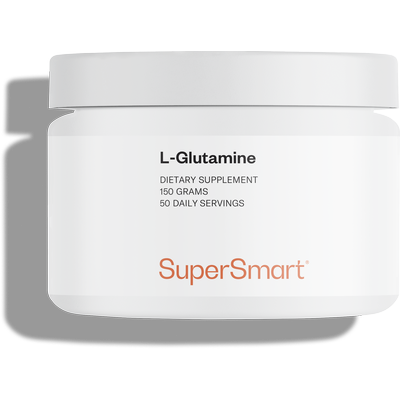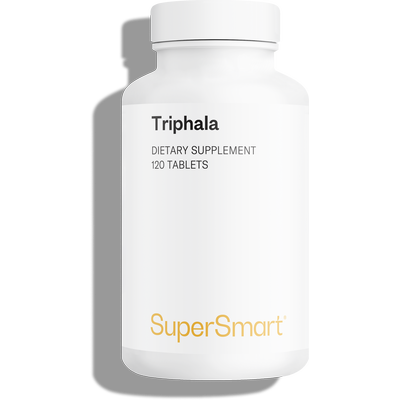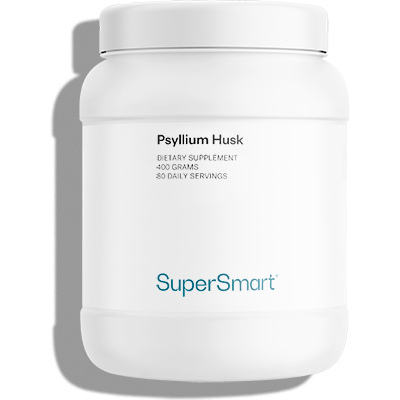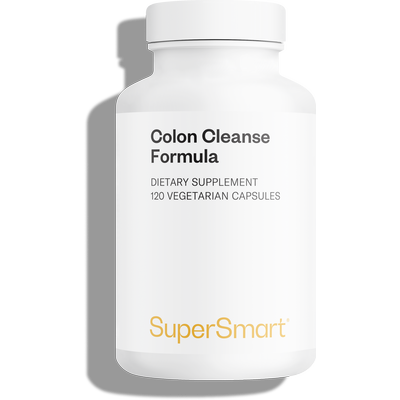22-02-2017
Combatting chronic constipation and maintaining a healthy colon
 Louis XIV famously suffered from severe constipation and his doctors would regularly ask him: ”Comment allez-vous (How are you)?”, when what they actually meant was: “Comment allez-vous à la selle? (Have you opened your bowels?)”. Thus the common conversation-starter, ”Comment allez-vous?”, actually has its origins in bowel health!
Louis XIV famously suffered from severe constipation and his doctors would regularly ask him: ”Comment allez-vous (How are you)?”, when what they actually meant was: “Comment allez-vous à la selle? (Have you opened your bowels?)”. Thus the common conversation-starter, ”Comment allez-vous?”, actually has its origins in bowel health!
Constipation affects one in five people and can be genuinely incapacitating for those who suffer severely. Women and children are most affected, followed by the over-65s.
Constipation is defined more by the consistency of stools and difficulty in passing them than by the frequency of bowel movements. Indeed, what constitutes ‘normal’ can be anything from three bowel movements a day to one every three days. It is only when someone is opening their bowels once every four to seven days that it qualifies as constipation.
Ideally, stools should be non-sticky, solid and brown in colour (not too light or dark). They should be passed easily and sink to the bottom of the toilet pan, not float. If stools are hard and separate like small nuts, and if they float, it is probably because of a lack of fibre and water in the alimentary bolus and an imbalanced intestinal microbiota.
Therefore, before embarking on any nutritional supplementation programme, it is vital to increase the proportion of fibre in the alimentary bolus.
There are two types of fibre and, depending on the condition of the intestinal mucosa, one should be prioritised over the other. Insoluble fibre, found primarily in whole wheat, is highly effective at increasing intestinal transit but can irritate delicate intestines over the long term. Soluble fibre, which forms a gel on contact with water, improves constipation in a much more gentle way.
Increasing the proportion of fibre in the alimentary bolus means including the following foods in your daily diet:
-
- Pulses (lentils, dried beans, peas).
- Unsalted oil seeds, particularly ground flaxseed which contains 27% fibre, almonds, pistachios and pecan nuts.
- Dried fruit especially prunes and dried figs.
- Wholegrain - especially whole wheat - cereals, which together provide transit-stimulating insoluble fibre, ensuring they are combined with sources of soluble fibre such as oat- or barley-based foods to provide fibre that is gentler on delicate intestines.
- Fresh fruits and vegetables which should form the basis of your diet and make up at least half your lunch and dinner.
Effective nutritional supplements for combatting chronic or temporary constipation
Rebalancing microbiotaDigestive health can be directly affected by the quality of intestinal flora. Initially, then, it is important to take a one to three month course of probiotics, including different strains of Lactobacillus (acidophilus, plantarum, lactis…) andbifidobacterium, and aim for at least 8 billion microorganisms per dose.
The most important physiological effects of bifidobacteria are improvements in intestinal flora, inhibition of putrefying substances and relief of diarrhoea or constipation.
Prebiotics should also be taken at the same time, focusing on Fructo-oligo-saccharides (FOS) or Inulin.
As probiotics are particularly sensitive to stomach acids, they should ideally be taken in the morning on an empty stomach and always in the form of DR caps - delayed-release, gastro-resistant capsules - for maximum efficacy. This probiotic/prebiotic synergy not only helps balance microflora but also prevents intestinal inflammatory problems and restores mucosal integrity.
Some probiotic metabolites, such as Propionibacterium shermanii, also help balance microflora.
Occasional use of transit stimulants
-
- Senna leaf extract (Cassia angustifolia), standardised in sennosides, is recommended for anyone with a sluggish digestive system. Like Chinese rhubarb (Rheum palmatum), it contains anthraquinones which cause the intestinal walls to contract and stimulate transit around 10 hours after it is taken. Senna leaf extract also makes stools softer or more liquid, facilitating evacuation and intestinal transit.
- Buckthorn extract is also a herbal laxative which is gentler and better-tolerated than cascara or rhubarb. Its effect is related to absorption of water and electrolytes and to intestinal stimulation.
- Aloe leaf extract (Aloe ferox), provides aloin which is responsible for the plant’s laxative properties. In addition, it has long been associated with intestinal cleansing and regenerating benefits.
-
- Psyllium seeds (Plantago ovata) are a natural source of soluble fibre (hemicellulose) like oat beta-glucan - but considerably more effective. Chia and flaxseeds, konjac and pectin are also good options. With their affinity for water, these sources of soluble fibre form a viscous gel which increases faecal mass and changes the consistency of stools. Taking psyllium every day normalises intestinal function by increasing the volume and water content of stools and giving them a consistency that makes them easier to pass. This gentle laxative thus helps ‘re-educate’ intestinal function and can be taken by anyone, including those with a delicate or irritable gut, and by pregnant women at a dose of 5 grams a day to be taken with a large glass of water.
- Citrus aurantium, is an important source of the fibre pectin which increases viscosity of the intestinal tract. In addition, microorganisms break down the pectin in the large intestine and colon to release short chain fatty acids to give a beneficial, prebiotic effect.
While these supplements may not be the first line of treatment, they are nevertheless a valuable, complementary aid to bulk-forming laxatives for improving transit:
-
- Green tea extracts (camellia sinensis), with their high polyphenol content, are recognised for helping problematic digestion and increasing intestinal peristalsis. They are particularly recommended for those with a tendency towards constipation, alongside other supplements.
- Triphala, a renowned, Ayurvedic intestinal detoxifier, combines three fruit extracts: amla (Emblica officinalis) , harada (Terminalia chebula) and bahera (Terminalia belerica) . At a dose of 6 grams a day, this fruit complex facilitates intestinal transit and supports natural mechanisms of elimination.
- Larix occidentalis (Western Larch) provides arabinogalactans which have prebiotic effects, stimulating the growth or activity of beneficial gut bacteria1. It is primarily indicated for protecting the colon in cases of diverticulosis, irritable bowel syndrome, as well as Crohn’s disease and ulcerative colitis.
- Magnesium is THE mineral for naturally stimulating peristalsis and above all regulates the emotions, so addressing one of the main causes of sluggish intestinal transit.
- And last but not least, L-glutamine, an amino acid, improves intestinal mucosa integrity and thus reduces intestinal hyperpermeability.
Robinson RR1, Feirtag J, Slavin JL. Effects of dietary arabinogalactan on gastrointestinal and blood parameters in healthy human subjects. J Am Coll Nutr. 2001 Aug;20(4):279-85.
Order the nutrients mentioned in this article
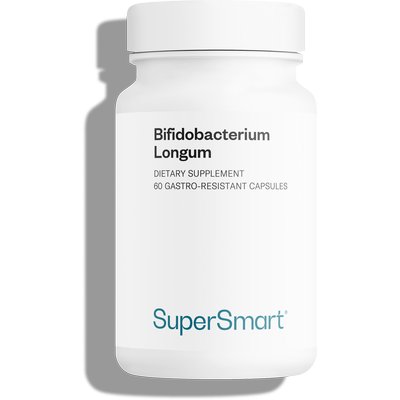
Now in gastro-resistant capsules. New acid-resistant delivery method. One of the most important microbacteria for intestinal health.
www.supersmart.com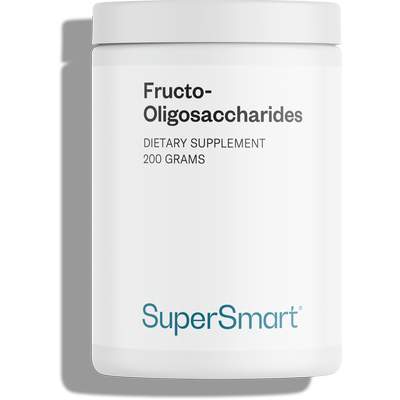
Bifido-active fibre. Improves intestinal health and boosts the body's own natural defences
www.supersmart.com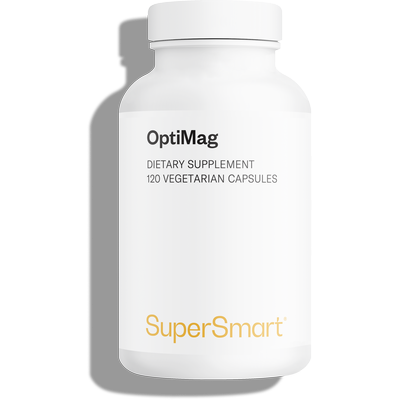
Unique and synergistic combination of 8 exceptional forms of magnesium (excellent bioavailability and solubility)
www.supersmart.comFurther reading
19-09-2016
The results of clinical research published over the last fifteen years highlight the many beneficial effects of probiotics. They appear to have both preventive and...
Read more28-09-2016
Serrapeptase, or Serratia peptidase, has been used for over 30 years in Europe and Asia to relieve pain, inflammation and excessive mucus production. More than...
Read more14-03-2017
Allergies affect between 30% and 40% of the world’s population. They have multiple causes and take various forms such as food allergies, allergic rhinitis, asthma,...
Read more© 1997-2025 Fondation pour le Libre Choix
All rights reserved
All rights reserved
Free
Thank you for visiting our site. Before you go
REGISTER WITHClub SuperSmart
And take advantage
of exclusive benefits:
of exclusive benefits:
- Free: our weekly science-based newsletter "Nutranews"
- Special offers for club members only



